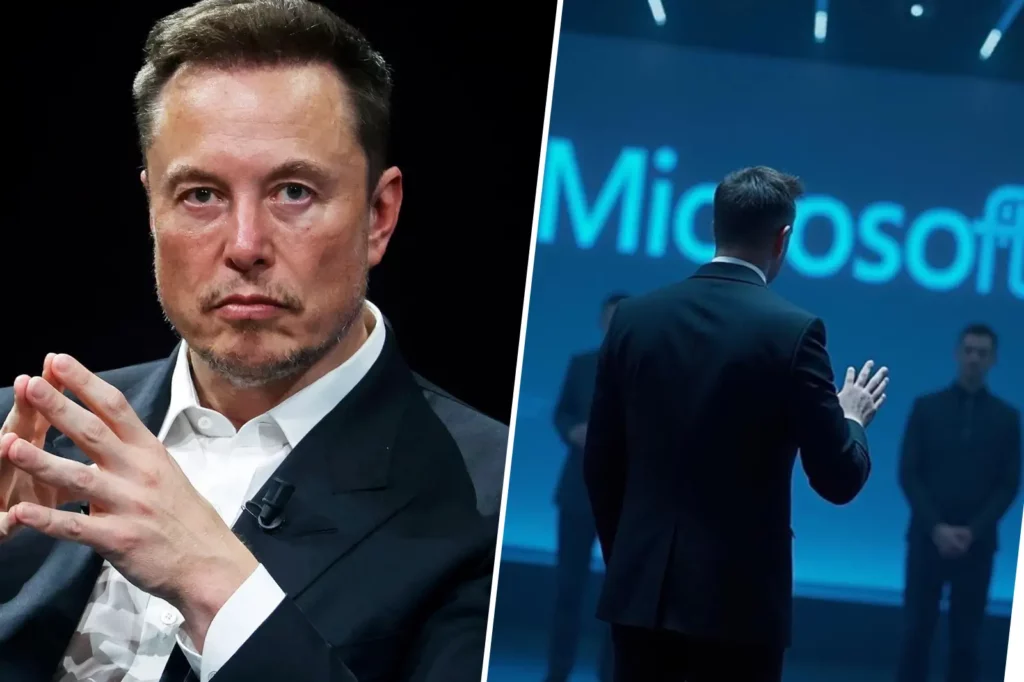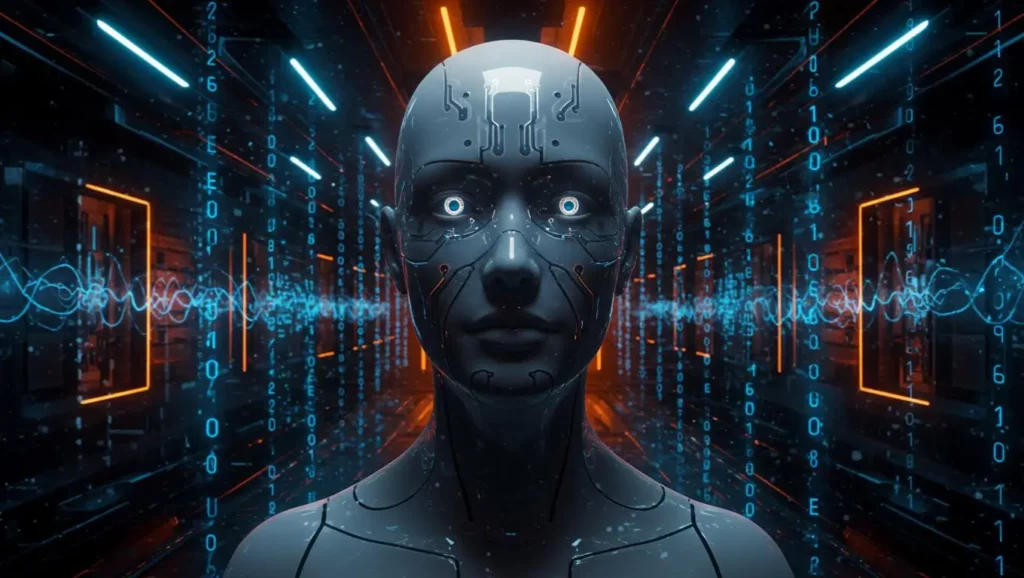His Macrohard project promises to revolutionize software… or not
Elon Musk has just announced with great fanfare a new project called “Macrohard,” aimed at taking on Microsoft. This audacious promise involves creating software entirely designed by artificial intelligence. However, this ambition raises as much skepticism as it does excitement.
AI agents to code, test and deliver software with no human intervention
Musk claims that his company Macrohard will operate solely through AI, without the need for humans to code or test. Drawing from his other venture xAI, he envisions hundreds of intelligent agents collaborating to generate complete applications.
He even goes as far as to assert the possibility of “fully simulating Microsoft”, arguing that the Redmond company doesn’t produce hardware (which is incorrect, as Microsoft does sell the Surface range). Yet, even with high-performance AIs, competing with the Microsoft ecosystem seems unrealistic.
The company extends beyond just Word and Excel. It operates a massive architecture: operating systems, Azure cloud, professional solutions, video games (Xbox), AI through OpenAI, and even hardware. Simulating this complexity requires much more than autonomous agents.
Musk and spectacular announcements: between ambition and exaggeration
This isn’t the first time Elon Musk has made headlines with a provocative promise. Back in 2021, he tweeted “Macrohard > Microsoft”. Yet, his past projects often reveal that timing and expectations have frequently fallen short. The Cybertruck was delivered late, autonomous driving is still in testing, and SpaceX rockets were postponed…
Even with the resources of xAI and his future Colossus supercomputer, Musk has yet to show anything substantial for Macrohard. Buying millions of Nvidia GPUs doesn’t guarantee a software revolution.
In the realm of AI, giants like Microsoft and Google face technical challenges. Issues like hallucinations, bias, and errors in AIs make their use unreliable for critical applications. Musk is aware of these points but is banking on the hype.
Macrohard: a real project or a new media stunt?
At this stage, Macrohard appears more designed to capture attention than to topple Microsoft. Internet users swing between sarcasm and admiration. One joked: “Start by releasing software without viruses or backdoors; that would be a huge achievement.”
There’s nothing stopping Musk from innovating. His talent for audacious projects has often paid off. Yet in a field as structured as professional software, robustness supersedes novelty.
For now, Macrohard seems more like a publicity stunt than a credible threat. If Musk wants to convince skeptics, he will need to demonstrate that his AIs can produce safe, useful, and widely adopted software.




